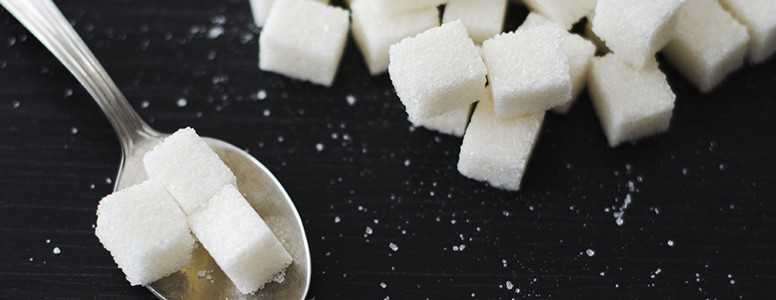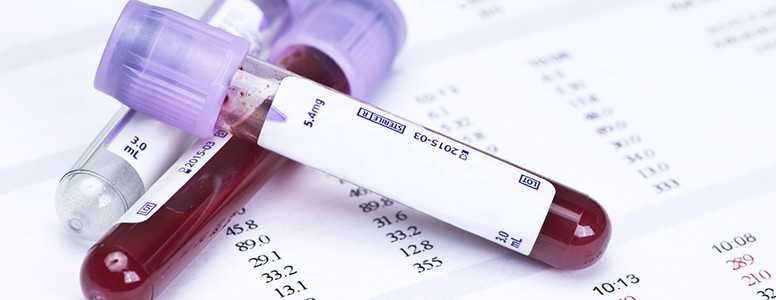A high intake of sugar might accelerate the later stages of type 1 diabetes development, according to new research.
The study, conducted by researchers at the Colorado School of Public Health, University of Colorado, found that a high intake of sugar – particularly sugary drinks – in children genetically predisposed to type 1 diabetes may accelerate the development of the condition.
“Sugar intake may exacerbate the later stage of type 1 diabetes development,” the researchers wrote. “Sugar-sweetened beverages may be especially detrimental to children with the highest risk of developing type 1 diabetes.”
The researchers examined records from the Diabetes Autoimmunity Study in the Young, a database established in 1993 that monitors various statistics about children with a high genetic risk of type 1 diabetes. It includes information about their intake of fructose, sucrose, sugary drinks, and juice.
For this study, the researchers analysed data from 1,893 children, with an average age of 10.2. 142 children developed insulin autoantibodies (IA), and 42 of those progressed to type 1 diabetes.
Although the risk of developing insulin autoantibodies was unaffected by sugar intake, there was a clear link between higher total intake of sugar and later-stage type 1 diabetes risk.
The researchers concluded: “The results suggest that sugar intake may not affect the early stage of the type 1 diabetes disease process, prior to IA development. However, once the immune system has been activated by other genetic or environmental factors and the body has begun the autoimmune attack on the beta cells, the total amount of sugar that a child consumes may increase type 1 diabetes risk.”
The findings were published in Diabetologia.
What's new on the forum? ⭐️
Get our free newsletters
Stay up to date with the latest news, research and breakthroughs.







